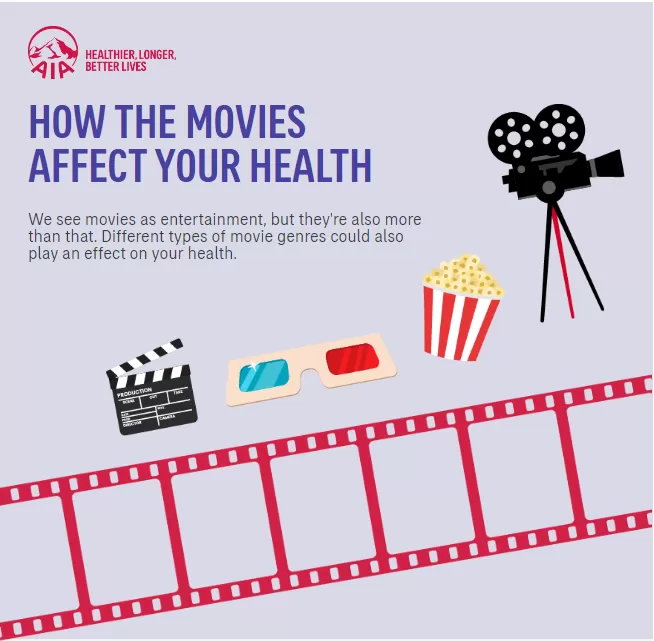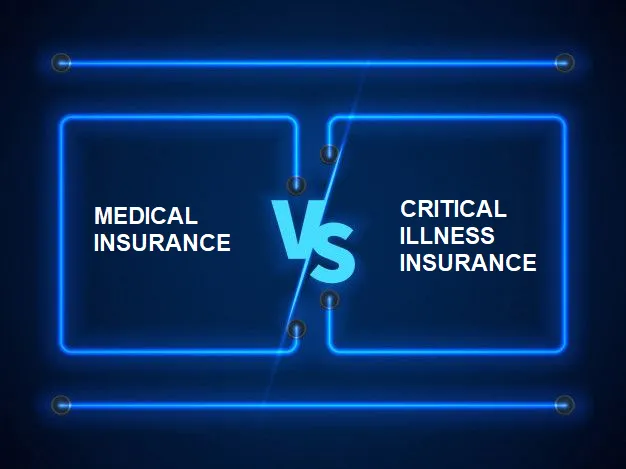TOP 5 QUESTIONS TO ASK WHEN BUYING A MEDICAL INSURANCE PLAN
TOP 5 QUESTIONS TO ASK WHEN BUYING A MEDICAL INSURANCE PLAN
When it comes to medical insurance, several misconceptions that masquerade as facts pop into one’s head, such as: the cheapest and most basic policy is sufficient for me. I don’t need a personal medical plan if I’m on my company’s plan. Having a medical card means all my medical treatment costs are paid for. My medical card will cover all possible health issues I may have.
It is easy to get lost in the avalanche of information and opinions from your life planner, your family and your friends, making it even harder to decide on what’s best. Here are 5 straightforward questions to ask before deciding on a medical protection plan:
#1: WHAT DOES MY MEDICAL PLAN PROVIDE?
Selecting a health plan can be a confusing task with the different types of health protection plans in the market – not to mention the optional add-ons (also known as riders). All medical plans have one thing in common, which is to provide financial assistance for hospital admission, for surgeries or medical treatments.
There are two types of health plans you can choose from, depending on your needs:
- Long-term Medical, Hospitalisation and Surgical insurance: A basic medical plan that covers the cost of hospitalisation and subsequent treatment costs
- Hospital Income: A financial protection plan that provides you with a daily income during your hospitalisation
#2: DOES MY MEDICAL PLAN COVER ALL POSSIBLE ILLNESSES & INJURIES?
The simple answer is yes. Your medical plan covers the treatment cost of critical illnesses. However, the high cost of treatment can use up your entire medical coverage, leaving you with little to no coverage for future illnesses. This is where critical illness plans come in. A critical illness plan is a separate and independent policy from your medical plan. Check out our handy infographic for the difference between a medical and a critical illness plan.
Most people tend to overlook the possibility of ever having to deal with serious health issues like critical illnesses. The diagnosis of a critical illness could mean a setback in many areas – one would have to take time off work to focus on full recovery, or fork out unplanned monies for treatments, therapies or medical equipment at home. A critical illness plan provides a solution for the possible financial conundrum.
#3: SHOULD I GO FOR THE PLAN WITH THE LOWEST PREMIUM?
Once you have decided on the type of medical coverage you want, the next item to address is the cost of your medical plan, also known as your monthly premium. The amount you pay each month largely depends on three things: your deductible, co-insurance and your annual limit.
- Premium: The premium is the price you pay per month for your medical plan, regardless of whether you make use of it or not. Premium costs can vary depending on your deductible
- Deductible: A deductible is the upfront payment you make for all your medical care before the insurance kicks in. A high-deductible plan means that you are responsible for a greater share of your initial healthcare costs. As a result, you pay a lower monthly premium. After meeting your deductible, the insurer will pay for the remaining portion of the cost. This arrangement is ideal for financially independent people with no dependents.
- Coinsurance: Co-insurance is a percentage of a medical charge that you pay, while the rest of the cost is covered by your medical plan. For example, if you have 20% coinsurance, you pay only 20% of each medical bill, and your health plan covers the 80%.
- ;Annual limit: An annual limit is the maximum amount you can claim from your insurer in a year.
One blunder most people tend to make is to look for a plan with the lowest premium, regardless of the annual limit and features. Explore different plans and find out a combination that works best for you. Some plans like the A-Life Med Regular impose an annual limit but have no limit on the amount you can claim over your lifetime.
#4 WILL MY MEDICAL PLAN COVER MY EXISTING MEDICAL CONDITION?
There are certain conditions that are not included in your medical plans, called major exclusions. A major exclusion can refer to a condition that a plan will not cover for, such as:
- Pre-existing illnesses, i.e. a condition for which you knew about before the start of the new medical coverage. Most plans have a waiting period in place for such pre-existing conditions
- Treatment or surgery for certain illnesses within 120 days of the plan
- Cosmetic surgery/circumcision/corrective lenses/dental treatment unless necessitated by accidental injury
It is best to refer to the policy contract for the full list of exclusions.
#5 DO I HAVE TO PAY FOR MY HOSPITAL ADMISSION?
One of the biggest misconceptions about medical protection plans is that you won’t have to pay a single cent for treatment and admission. While the former has been addressed in point 3, we now look into the latter: Why do I have to pay for my admission to hospitals with my medical plan?
While insurers offer medical cards that provide coverage and easy access to treatments, they are not a guarantee that the process may be entirely cashless. Some hospital admissions require upfront admission or processing fees.
Selected medical plans have a hassle-free “just swipe” hospital admission feature, easing the admission and discharge process at panel hospitals, such as AIA’s A-Life Med Regular plan.
To avoid paying for unexpected medical expenses or being surprised by a major exclusion, it is best to ask these questions before signing up for a medical protection plan. Find out more about our medical and health plans here or have a life planner get in touch with you below.
References
https://www.nerdwallet.com/blog/health/copay-vs-coinsurance/
http://health.howstuffworks.com/health-insurance/exclusion.htm
https://www.aia.com.my/content/dam/my/en/docs/individuals/health/A-Life_Med_Regular.pdf
The above articles are intended for informational purposes only. We accepts no responsibility for loss which may arise from reliance on information contained in the articles.
Retrieved from https://www.aia.com.my/en/what-matters/finance/5-questions-to-ask-before-buying-a-medical-plan.html
26 Aug 2021







